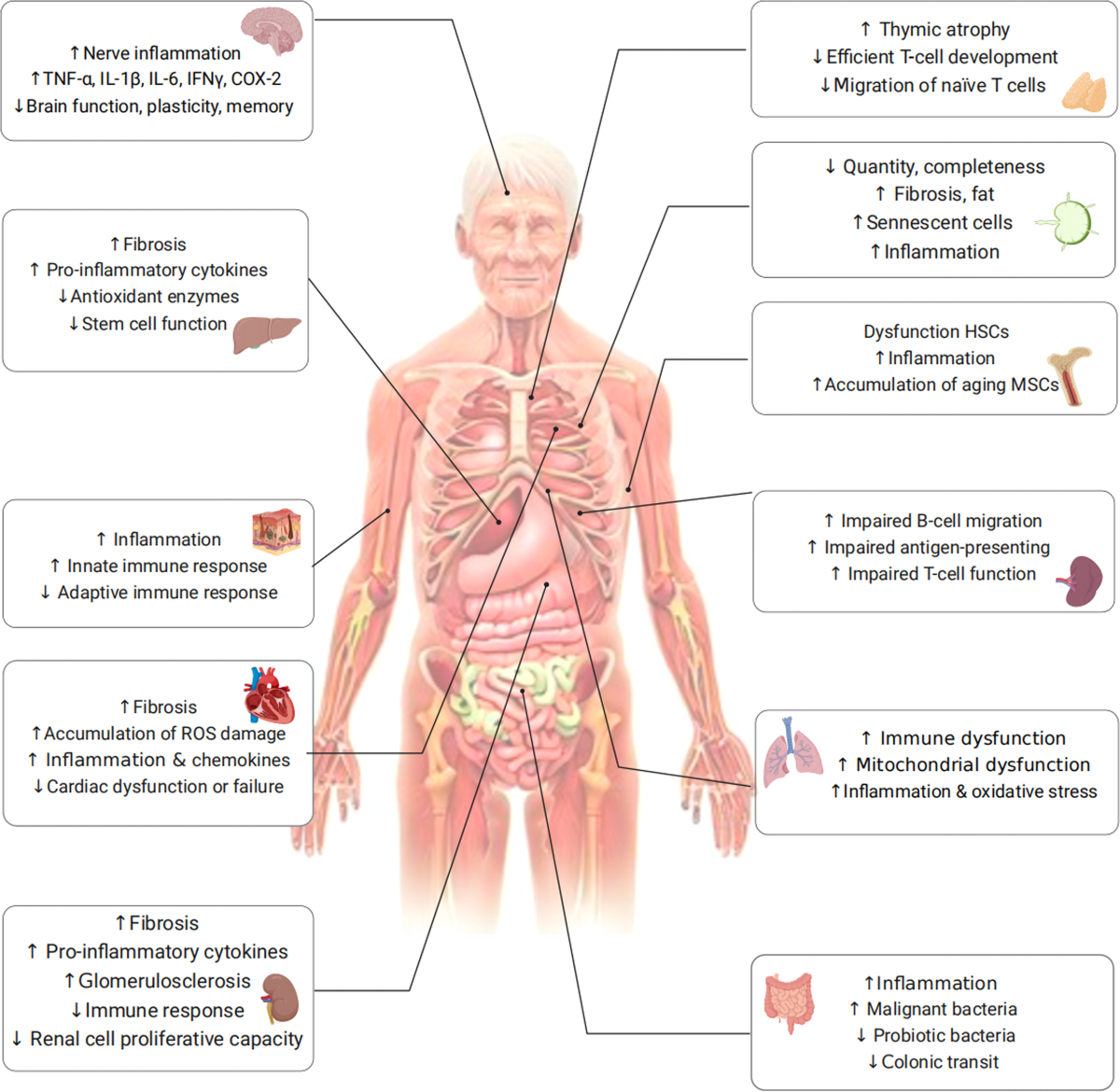Understanding Inflammation The Root Cause of Many Chronic Diseases

Understanding Inflammation: The Root Cause of Many Chronic Diseases
Inflammation is your body’s natural defense mechanism against harmful stimuli like bacteria, viruses, and injuries. While short-term inflammation is essential for healing, chronic inflammation can silently damage your body over time, potentially leading to numerous health conditions. For adults in their 40s and 50s, understanding this process becomes increasingly important as the risk of developing chronic diseases rises with age.
What Is Inflammation?
When you twist your ankle or burn your hand, you’ve likely noticed the area quickly becomes red, swollen, warm, and painful. This is acute inflammation at work—your body’s protective response that increases blood flow and sends white blood cells to the injured area .14. This type of inflammation is beneficial and essential to the healing process.
However, when inflammation persists long-term, it becomes problematic. Chronic inflammation often progresses quietly without obvious symptoms, yet it’s increasingly recognized as a common denominator in many serious health conditions including diabetes, Alzheimer’s disease, cardiovascular disease, and even certain cancers .14 .15.
How Chronic Inflammation Develops
Chronic inflammation can develop through several pathways:
Persistent Threats: Sometimes your body can’t eliminate an infectious organism, irritant, or chemical toxin, causing the inflammatory response to continue indefinitely .2.
Autoimmune Reactions: In autoimmune disorders, your immune system becomes overly sensitized to your body’s healthy cells and tissues, reacting against joints, intestines, or other organs as if they were dangerous invaders .2.
Lifestyle Factors: Several aspects of modern living contribute significantly to chronic inflammation:
-
Diet: Highly processed foods, saturated fats, trans fats, and refined sugars can trigger inflammatory responses .15.
-
Sedentary Behavior: Lack of physical activity promotes systemic chronic inflammation .15.
-
Obesity: Excess weight leads to chronic low-grade inflammation driven by pro-inflammatory immune cell activation .15.
-
Stress: Chronic stress triggers inflammatory responses throughout the body .9.
-
Poor Sleep: Irregular sleep patterns contribute to inflammatory processes .15.
-
Smoking: Chemicals in cigarettes stimulate pro-inflammatory cytokines while reducing anti-inflammatory ones .15.
The Link Between Inflammation and Chronic Diseases
Research increasingly suggests that chronic inflammation may be the root cause of most chronic illnesses .14 .15. Here’s how inflammation connects to several major health concerns:
Cardiovascular Disease: Inflammation contributes to the development of atherosclerosis, hypertension, and heart attacks .1.
Neurodegenerative Diseases: Inflammatory processes are implicated in Alzheimer’s disease and related brain atrophy .1.
Diabetes: Chronic inflammation plays a role in insulin resistance and metabolic dysfunction .15.
Autoimmune Conditions: Conditions like rheumatoid arthritis involve inflammatory processes attacking the body’s own tissues .1.
Cancer: Certain cancers, including oral, esophageal, and pancreatic, have been linked to chronic inflammation .1.
Respiratory Conditions: Asthma and other respiratory diseases have inflammatory components .14.
Practical Strategies to Reduce Inflammation
The good news is that you can take proactive steps to manage and reduce chronic inflammation through lifestyle modifications:

Anti-Inflammatory Diet
Your food choices significantly impact inflammation levels. Consider these dietary approaches:
-
Emphasize Anti-Inflammatory Foods: Incorporate foods rich in omega-3 fatty acids (fatty fish), antioxidants (berries), and polyphenols (leafy greens, turmeric) .10.
-
Limit Pro-Inflammatory Foods: Reduce intake of processed foods, refined carbohydrates, unhealthy fats, and added sugars .10.
-
Increase Fiber: Vegetables contain fiber, which is associated with reduced levels of pro-inflammatory agents like interleukins and tumor necrosis factor .4.
-
Stay Hydrated: Proper hydration supports the body’s natural anti-inflammatory mechanisms .10.
-
Support Gut Health: Consume prebiotics, probiotics, and fermented foods to promote a healthy gut microbiome, which can positively impact inflammation .10.

Regular Physical Activity
Exercise has powerful anti-inflammatory effects:
-
Regular physical activity decreases inflammatory markers and reduces your risk of chronic disease .9.
-
Resistance exercise training has been shown to lower blood pressure and improve vascular function in individuals with elevated blood pressure .







